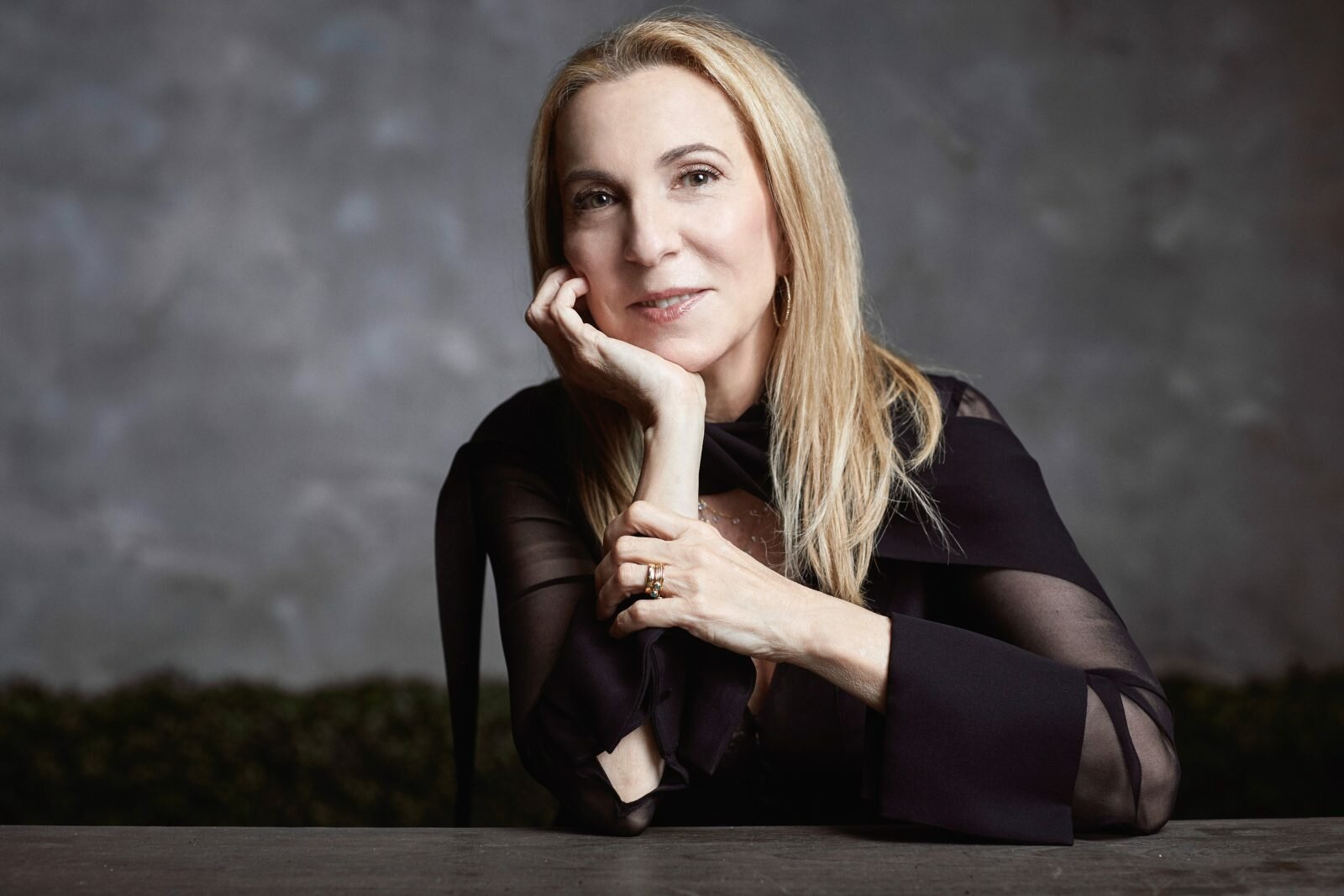Over the past month, a strange calm has descended on most of Singapore.
With the circuit breaker measures well into the second month, we are all suddenly made aware of all the time that we have in our hands when we’re not commuting to the office or gathering with friends over food and cocktails.
Suddenly, the world outside our window seems a little slower, a little quieter, a little bigger.
This sudden gear shift has been felt by all of us, including Susan Rockefeller. The wife of David Rockefeller Jr., Susan is an accomplished filmmaker, artist, and philanthropist.
In addition to her documentaries that touch on topics ranging from food to ocean life, Rockefeller’s work has been screened across major networks and has received accolades from industry peers.
She also sits on the boards of various charitable organisations including Oceana, Stone Barns Center for Food and Agriculture and We Are Family Foundation. On top of that, she is also a member of many more organizations that seek to make the world a better place.
As with all of us, the ongoing Covid-19 pandemic has shifted several things within her life. In an interview with A Magazine, she shares the lessons that she’s gained through this time of safe distancing, and how this will shape her actions in the future.
01 | The resilience of Mother Nature
As New York City continues to battle the virus, responsible households such as Susan’s family have been doing their civic duty by remaining indoors as much as possible.
“I am grateful that we are at our farm in the Hudson Valley”, Rockefeller tells us. Along with her husband, Rockefeller is also sheltering at home with two of her four children with and her 85-year-old mother.
“As the pandemic has put a pause on our lives, it shows that nature can rebound and is quite resilient if we give it the conditions to restore and rejuvenate”, she continues. “We are listening to bird song and watching our farm fields turn green. We are experiencing spring in a quiet way.”
In a reflective moment, Rockefeller also goes on to say that “health is everything; love is everything, and [we are] having gratitude for each day we are given.”
02 | Working smart
Much like how many of us has had to pivot using technology to continue working from the comforts of our home, Rockefeller has also done the same.
With her trusty Zoom account, it has allowed her to continue having meetings and continue with her projects, sans all the extensive traveling that was once required.
“There will be a deep rethinking”, Rockefeller ponders. “[It will reshape] how we work, travel, and design our lives with more resilience in mind.”
03 | Spreading the love
In the last month alone, we’ve seen various big-name retailers struggle to stay afloat. All the problems that these corporations are facing are compounded with small-to-medium businesses, and Rockefeller understands this.
In trying to lend a hand, her household has been making a conscious effort to eat locally. “We’ve been eating local and supporting farms”, she tells us.
Beyond that, Rockefeller is also taking this period to have more quiet time with herself by channeling her energy into painting and culinary adventures.
“We’ve been cooking a lot and making sourdough bread”, Rockefeller says. “In a sense, this pandemic has given us an opportunity for more D.I.Y. activities and time to make art.
She has an artist studio set up in her barn, where she works on encaustic paintings, which works with heated wax to create vibrant works of art.
04 | A focus on giving back
Rockefeller has not forgotten her philanthropic work either.
Speaking about how her husband and herself are continuing to give good back to the community, “specifically to first responders and those who are food insecure”.
She recognises that this pandemic “is a crisis, and with a crisis comes a time to think about decisions and reflect on what impact you want to make including the choices you make in what you buy, what you eat, and what you really desire or need.”
She also mentions that she has an interest in “investing in regenerative agriculture that produce less waste; finding ways to support leaders in various industries and that government who can work effectively to lead our world to a healthier, safer environment”.
“This means new technologies, new health care, rapid response”, she elaborates. “As well as climate-smart initiatives to better adapt and respond to pandemics that are here in real-time and may occur again in the near future.”
